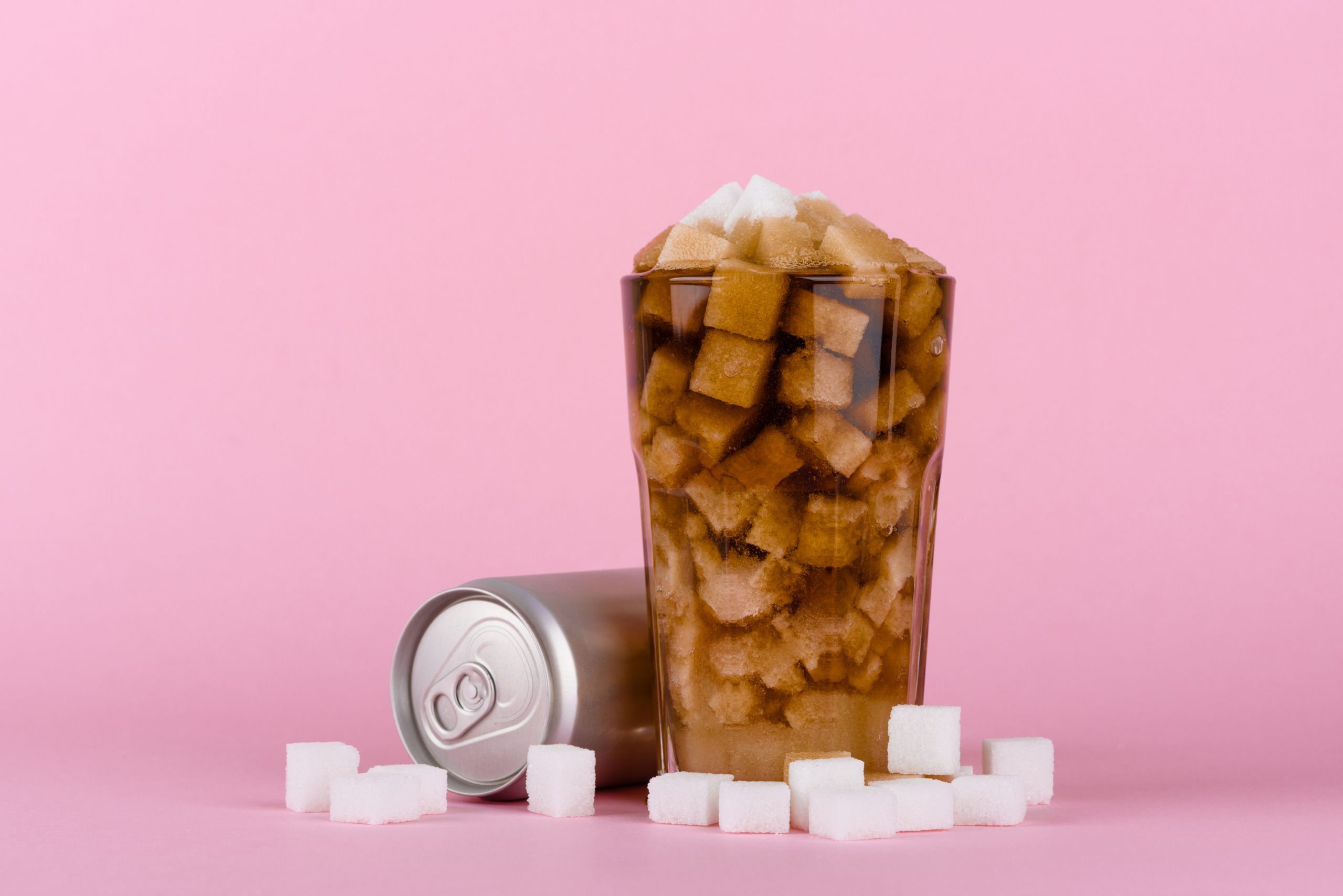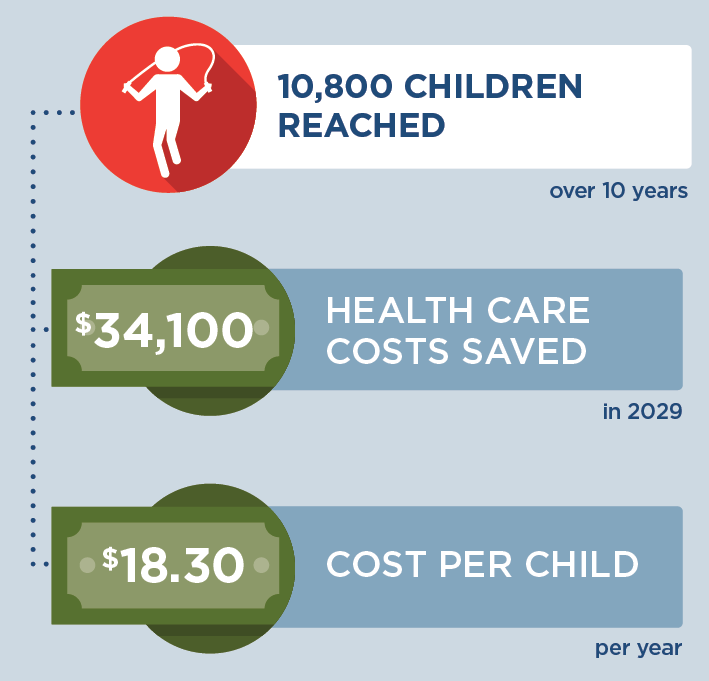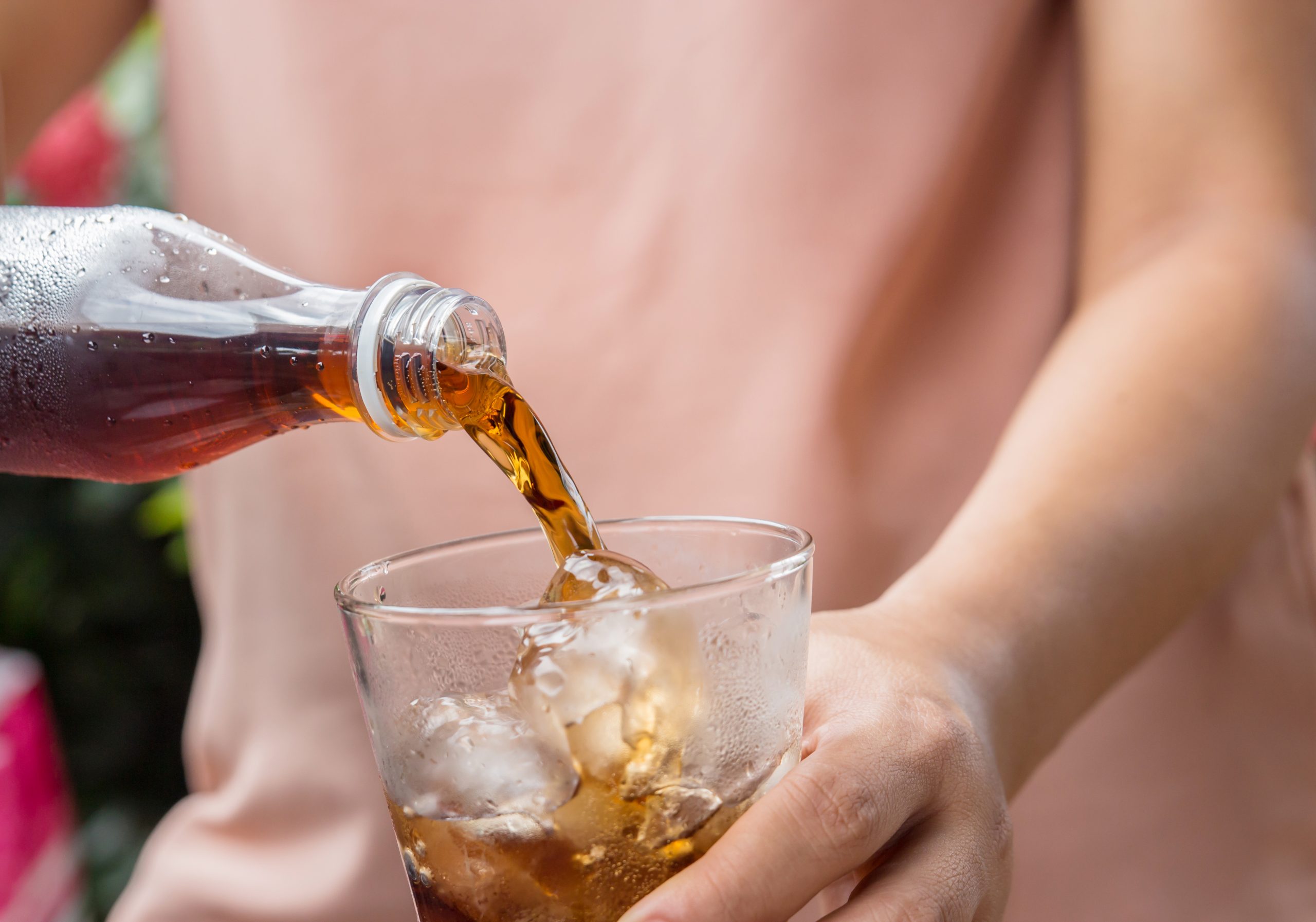In this coffee chat hosted by the CHOICES Community of Practice, Matthew Lee, PhD Candidate from the Harvard T.H. Chan School of Public Health and California native who has researched sugary drink trends and the impacts of sugary drink excise taxes in the San Francisco Bay Area, discusses insights from his recent study published in the American Journal of Preventive Medicine that he led along with other researchers from the CHOICES Team. Matt also focuses on the ways in which these taxes, and the potential revenue raised from them, can benefit communities by improving health equity.
View the resource round-up from this coffee chat
Download the January 2024 coffee chat presentation slides
Disclaimer: Our guest speakers share their own perspectives and do not speak for Harvard.







